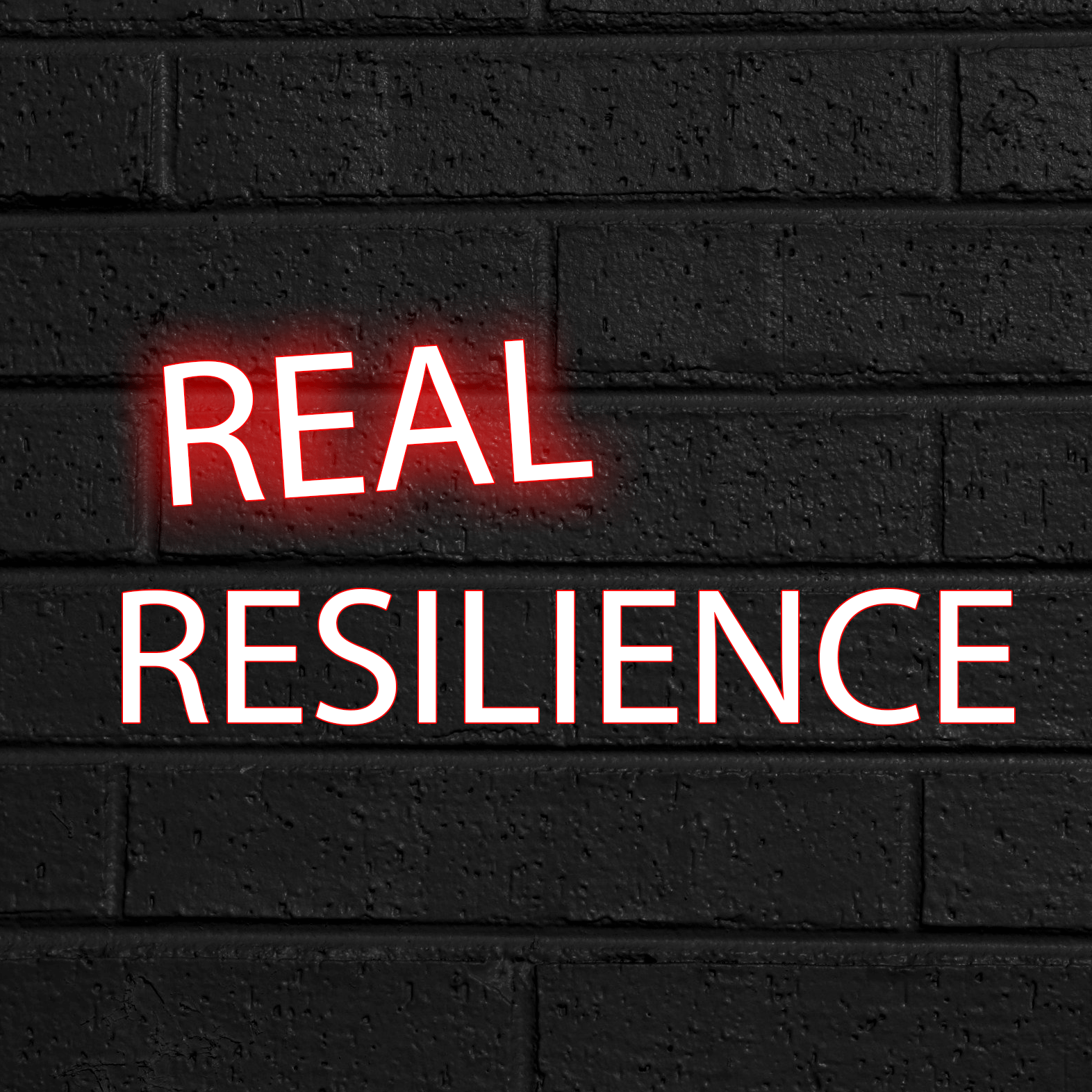Resilience skills include the tools needed by lawyers and law firms to deal effectively with the stressors described above. Resilience is based on a collection of core competencies that allow emotional power and behavioral ability, optimum efficiency, good leadership and tenacity, which ensures that resilient individuals are less inclined to give up as they face setbacks.
However according clinical psychology and resilience studies, a core aspect of resilience is perception — how tension, difficulty, and hardship are viewed to specifically affect how you react to every tension cause. When lawyers believe they have the tools to cope with stressors, they are more likely to see stress or adversity as a challenge; on the other hand, when lawyers see their tools as inadequate under difficulty, they can see difficulty as a threat. In reality, having a static, unyielding reaction to tension, transition and challenge will lead to increased delays, incomplete details and targets, decreased coordination and cooperation more anxiety and so on.
Resilience has a good defense role. You need stamina to deal successfully with daily challenges, such as handling your workload, negotiating with opposing lawyers, or getting through a difficult situation with your significant others. You will need stamina to come back and evolve from big problems like losing a big customer, dying in a hospital, or being divorced. Resilience has also been seen through decades of study to be a collection of skills that can be taught, mastered and developed. Lawyers who build resilience skills reap a lot of rewards,
The most resilient lawyers do four things very differently:
They’re staying motivated.
Meaning matters immensely at work; in fact, it is a fundamental source of inspiration. It often enhances your strength and dedication. The most effective and durable lawyers we had worked with are more like a paycheck, since they see how their practice has meaning and effect. Losing your drive, enthusiasm and vitality is a prescription for burn-out and makes participating in the law sound a lot more like a burden than a call.
They’re thinking differently.
When you witness a stress-producing situation, what do you think about the incident? Can you see, or do you fold, where you have authority, power, or strength in the situation? Some people are leaping to conclusions about a case, while others are keeping a fluid and accurate thought style. Some people are catastrophic thinking — leaving their worst-case scenario thought to get the better of them and stopping them from taking purposeful steps. Resilient lawyers adapt their law school “think like a lawyer” instruction in a positive way to adjust their feelings, attitudes and responses while they are under stress and recognize counter-productive habits that can compromise performance.
Stress is seen as a way to communicate with others.
Your stress reaction is simply intended to bring you closer to recovery by helping you reach out to others. Helping activity actually acts as a stress reliever, and helping people is a greater measure of wellness and well-being than markers of social participation or social assistance earned. In fact, witnessing traumatic experiences dramatically predicts increased mortality for those who have not helped others in the past year, but for those who have helped others, there has been no correlation about anxiety or mortality.
They’re offering away than they’re getting in relationships.
A basic cornerstone of survival is sustaining high-quality relationships with others, and your performance relies on how you handle experiences with others. At work, people vary in their desire for mutuality — their ideal combination of sharing and taking. According to Wharton Professor Adam Grant, takers want to get more than they’re giving, givers are different-focused and want to pay attention to what other people need from them, and matchers are a mix, preferring a fair balance in giving and taking. An advantage of being a giver is that of being important. One research found that being a giver was positively linked to sense, yet being a taker was negatively related to it.
One of several benefits of creating resilience strategies according to The Law Center, a personal injury and car accident lawyer firm, is that the skills that build resilience complement and help one another. For instance, as you concentrate on building positive relationships, you often improve the value of your life, since the experiences you have with the ones you love most are of greater quality.
In conclusion, resilience strategies are strong, replicable and have the ability to relieve all lawyers of tension and boost their fulfill various and career progression.


